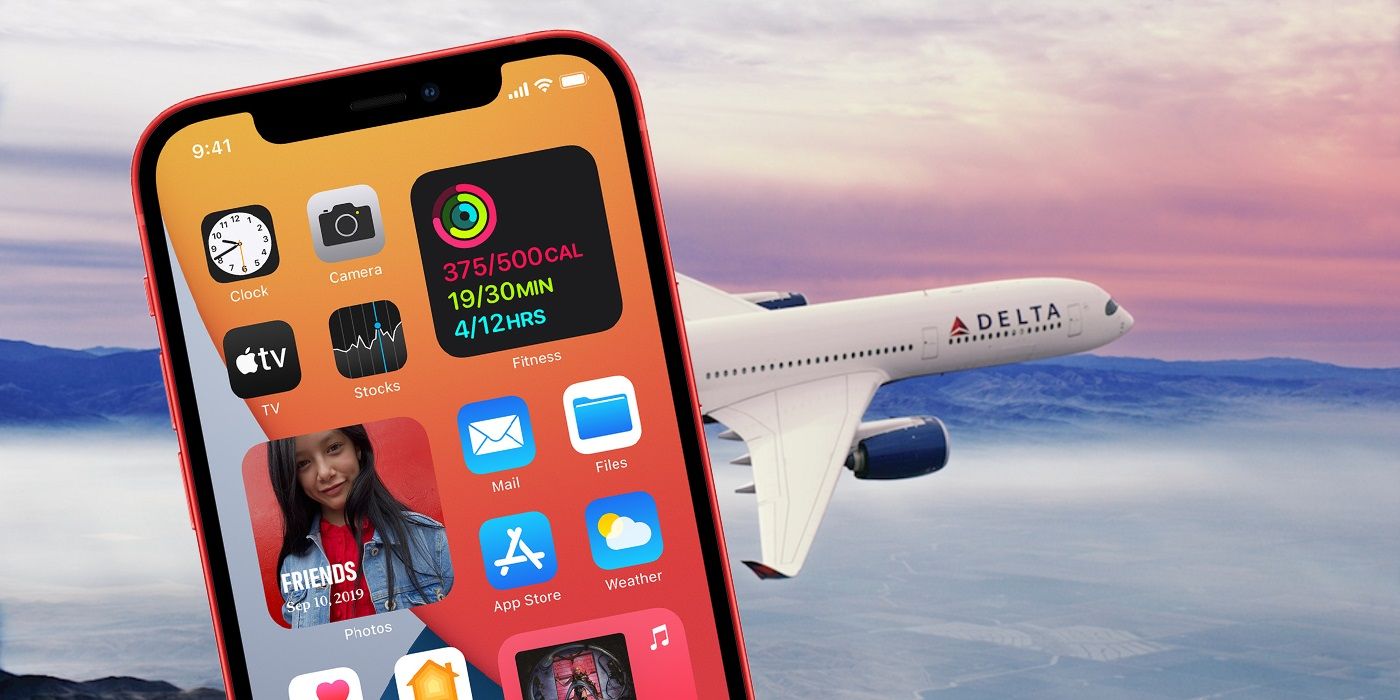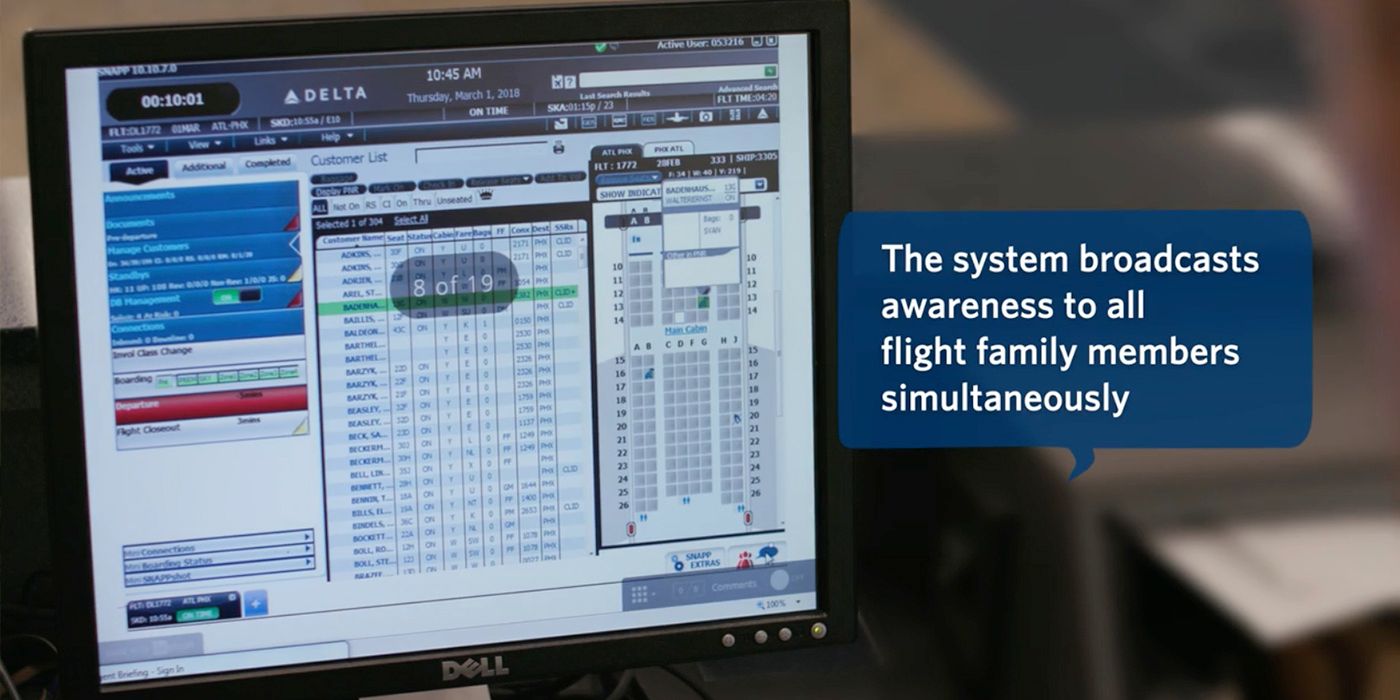A pilot for Delta Airlines is suing the company for $1 billion, alleging the company stole a messaging app he created on his own time using $100,000 of his own money. Delta has been looking into ways to further improve employee workflow since debuting its communication app in 2018. Recently, the airline company announced every Delta flight attendant will receive an iPhone 12 later this year.
In 2018, Delta released Flight Family Communication, a role-based messaging app, like Slack, allowing crews on the same flight to communicate with each other about pre-flight tasks like catering, fueling, and inspections. In its public announcement of the messaging service, Delta reported a “45 percent decrease” in the number of times employees spent moving between the plane and terminal to discuss flight preparations. Delta also reported that, on average, 11,000 messages are being sent on the platform daily.
Captain Craig Alexander created his messaging app and began speaking to Delta executives about possible implementation after pitching the app to CEO Ed Bastian and CIO Rahul Samant. According to Ars Technica, Alexander had several meetings with delta executives in 2015 and 2016, but the company allegedly ceased speaking with him about the app after 2016. Reportedly, the meeting with company executives started after Alexander contacted Bastian to tell the CEO that he had a tool that could help the company if something like the 2016 power outage at its Atlanta data center happened again. Because the FFC app has improved employee productivity at Delta, Alexander is suing the company for $1 billion, "based solely upon the operation cost savings to Delta."
What Does The Legal Battle Look Like?
Alexander’s lawsuit claims “FFC is a carbon copy knock-off of the role-based text messaging component of Craig’s proprietary Qrewlive communications platform.” Delta spokesperson Morgan Durrant responded saying Alexander’s characterization of FFC was not “an accurate or fair description.” Alexander made his communication app by contracting with an Atlanta-based software development firm that built Qrewlive using RabbitMQ, an open-source middleware used to build messaging programs.
The Ars piece points out that the terms of Alexander’s employment for Delta will play a key in determining which way this case swings. If Alexander's contract gives Delta the right to any ideas made in his own time, as can be the case with a "work for hire" contract, then there isn't much he can do in court. So the key to this case for Alexander will be making sure Delta does not own the rights to his idea, and that the company's management did, in fact, steal the idea.
Source: Ars Technica, Delta Airlines


